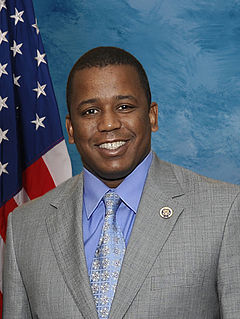A Quote by Helene D. Gayle
The more you look into health and health inequalities, you realize that a lot of it is not due to a particular disease - it's really linked to underlying societal issues such as poverty, inequity, lack of access to safe drinking water and housing. And these are all the things we focus on at CARE.
Related Quotes
It is when physicians are bogged down by their incomplete technologies, by the innumerable things they are obliged to do in medicine when they lack a clear understanding of disease mechanisms, that the deficiencies of the health-care system are most conspicuous. If I were a policy-maker, interested in saving money for health care over the long haul, I would regard it as an act of high prudence to give high priority to a lot more basic research in biologic science.
If you take a look at the breaches of rights, whether it's the underfunding of education or health care, and all these issues which accentuate the poverty of Canada's indigenous people, and the lack of reaction to them - it becomes clear that if Canadians understood what's at stake, they wouldn't stand for it.
I think basic disease care access and basic access to health care is a human right. If we need a constitutional amendment to put it in the Bill of Rights, then that's what we ought to do. Nobody with a conscience would leave the victim of a shark attack to bleed while we figure out whether or not they could pay for care. That tells us that at some level, health care access is a basic human right. Our system should be aligned so that our policies match our morality. Then within that system where everybody has access, we need to incentivize prevention, both for the patient and the provider.
There are environmental threats to health; there are internal threats to health - genetic conditions, viral threats, diseases like cancer and Parkinson's. And then there are societal and global ones, like poverty and lack of nutrition. And unknown viral threats - everything from a new kind of influenza to hemorrhagic fever.





































